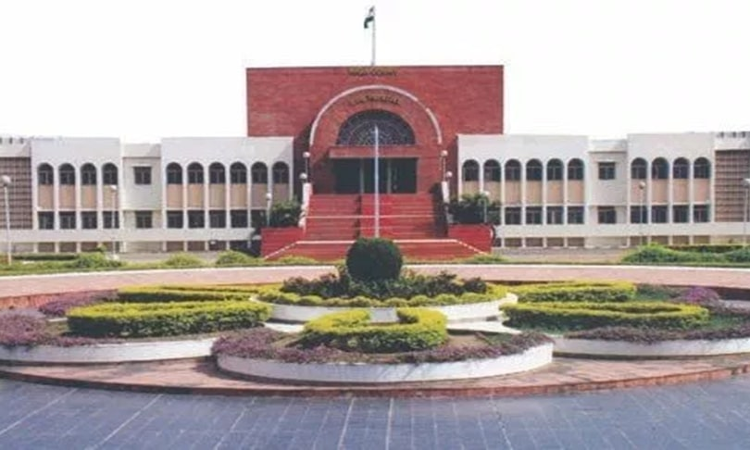The Bombay High Court has observed that causing injury by biting with human teeth constitutes 'voluntarily causing hurt' under Section 323 IPC rather than Section 324 IPC as human teeth cannot be considered as a 'weapon'.A division bench of Justice Vibha Kankanwadi and Justice Sanjay A. Deshmukh were considering applicants' plea for quashing of proceedings against them. The applicants were...

